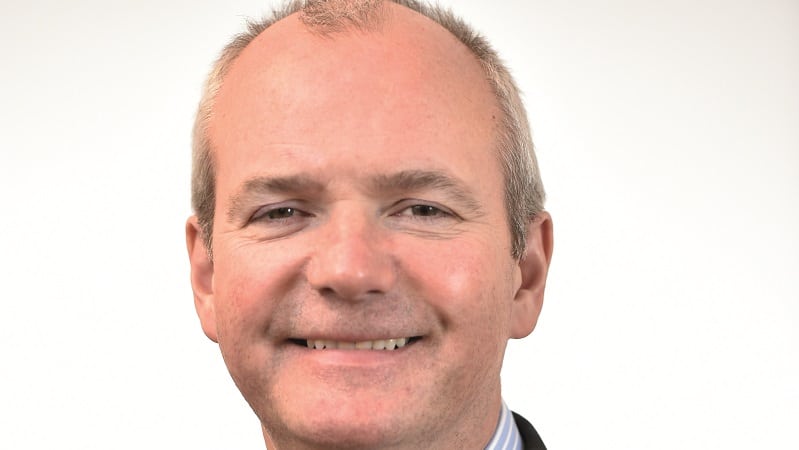The launch of a common language for responsible investment launched by the Investment Association is being described as an important milestone but concerns have been raised that fund houses should not be able to classify their own funds.
The final report for the responsible investment framework outlines both firm-wide terminology – which covers stewardship, ESG integration and exclusions – and fund-specific categories – which covers the same concepts alongside impact investing and sustainability focus. The IA emphasised the categories are not mutually exclusive.
The catch-all term for the industry should be “responsible investment” rather than sustainable investment, with asset managers involved in the consultation telling the Investment Association that the latter is too focused on environmental factors.
The asset management industry body is also consulting on a responsible investment fund label for retail investors.
Almost 60 responses were received on the initial consultation with 44 from member firms, representing £5trn in assets under management.
Reaching consensus on responsible investment terms a ‘milestone’
IA chief executive Chris Cummings (pictured) described the framework as a milestone.
“One significant barrier to the growth of responsible investment has been the lack of a common language and framework that describes and categorises these approaches and products,” Cummings said. “The agreement of industry-wide definitions provides consumers with that much-needed clarity and choice.”
SRI Services & Fund Ecomarket founder Julia Dreblow, who was involved in the consultation, said the responsible investment framework looked like a useful document. “The way they have set this out avoids treading on the toes of existing more granular projects like the EU taxonomy, while setting the parameters within which both investment houses and individual funds can sensibly claim to contribute to the sustainability agenda,” Dreblow said.
The report said it drew on widely adopted terms that had been outlined by other entities, such as the UN Principles for Responsible Investment’s definition of ESG investing, the Global Impact Investing Network’s definition of impact investing, and the Financial Reporting Council’s definition of stewardship.
The strength of the classifications lays in the trillions of pounds backing them, reckoned Dreblow. The Fund EcoMarket SRI Styles that she launched in 2011 are broadly similar to the categories included in the report.
Self-classification of funds raises concerns
Interactive Investor head of personal investing Moira O’Neill welcomed the report but was concerned IA members would be responsible for classifying their own funds as responsible investments. The II has a long-list of responsible investment funds, which it breaks down into three categories: “avoids”, “considers” or”embraces”.
“We would have liked to see an independent body making calls on how rigorous an ethical policy is, rather than leaving it to the managers,” O’Neill said.
The IA has asked members to identify responsible investment funds from the start of 2020 and will start to publish statistics on these funds later in the year.
She also questioned whether examining responsible investment at the firm level would be too much for investors.
“If it makes investors feel they need to start doing operational due diligence as well as due diligence at the funds level, it may make ethical investing seem even more overwhelming than it already is,” she said.










